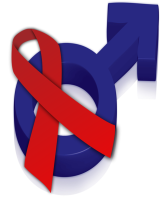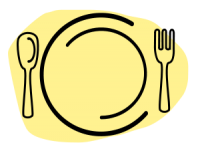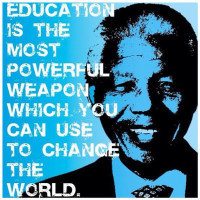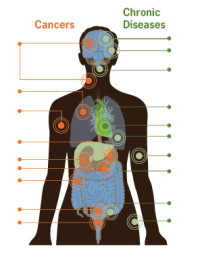The Qualified Medicare Beneficiaries (QMB) program helps people who have Medicare pay for their medical care. To receive benefits from the QMB program you must be receiving Part A (Hospital insurance benefits) coverage of Medicare. Your income and resources must fall within certain limits. Income limits are changed annually based on the federal cost of living adjustment. QMB has four benefit packages based on an individual’s income. The amounts listed are for 2014-2015.
Qualified Medicare Beneficiaries – Basic (QMB-BAS). In this benefit package the Department of Human Services pays for eligible clients’ Medicare premiums, deductibles and co-insurance. The income limit for this program is set at 100 percent of the poverty level or $973 for an individual and $1,311 for a couple.
Qualified Medicare Beneficiaries – Disabled Worker (QMB-DW). In this package the Department pays for the Medicare Part A premiums for some disabled workers who lost eligibility for Social Security because they are working. The income limit for this program is set at 200 percent of the poverty level or $1,945 for single person and $2,622 for a couple.
Qualified Medicare Beneficiaries – Specified Low-Income Medicare Beneficiary (QMB-SMB and SMF). In this benefit package, the Department only pays for the Medicare Part B premiums of eligible clients. The federal government pays for a portion of the cost of the SMB and SMF programs.
SMB – The income limit for SMB is set at 120 percent of the poverty level or $1,167 for individuals or $1,573 for a couple. The federal government pays 60 percent of this benefit.
SMF – The federal government also mandates that we serve people with incomes between 120 percent and 135 percent of the poverty level which equals $1,313 for an individual and $1,770 for a couple. This is called the SMF benefit. Unfortunately, we are only allowed to serve a specific number of people each year in this category. Once we reach our maximum number we must shut down enrollment. The federal government pays 100 percent of the SMF program.
Please note: Institutionalized clients (e.g. Nursing Facility residents) are not eligible for the SMF program.
For all QMB programs the allowed resource (asset) limit is set at $7,160 per individual or $10,750 per couple in 2014. This does not include your home, car, burial plan ($1,500) and merchandise.
For more information visit the Department of Human Services website.








